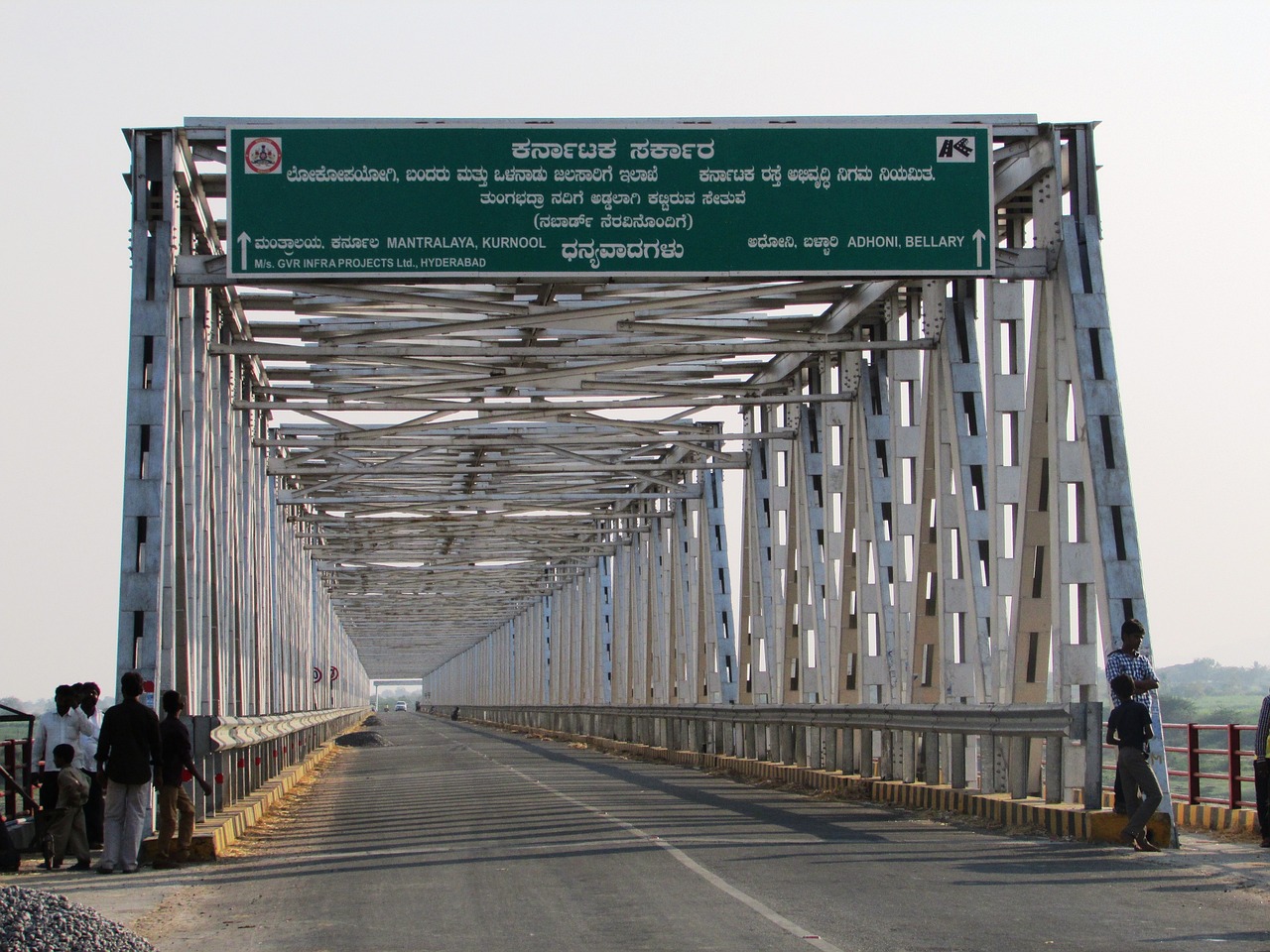Blockchain-Based Election Auditing Systems: 11x play online, Reddy bet, Golden777
11x play online, reddy bet, golden777: Blockchain technology has been making waves in various industries, and one of the most promising applications is in election auditing systems. By leveraging the secure and transparent nature of blockchain, election auditing can be made more efficient and trustful. In this article, we will explore the benefits of blockchain-based election auditing systems and why they are gaining traction worldwide.
The Problem with Traditional Election Auditing
Traditional election auditing processes are often manual, time-consuming, and prone to errors. In many cases, the lack of transparency and accountability can lead to doubts about the integrity of the election results. This is where blockchain technology comes in to revolutionize the way elections are audited.
How Blockchain Works in Election Auditing
Blockchain is a decentralized and distributed ledger technology that stores transactions in blocks linked together in a chain. Each block contains a timestamp, transaction data, and a hash of the previous block, making it tamper-proof and transparent. When applied to election auditing, blockchain can provide a secure and immutable record of every vote cast, ensuring transparency and accountability throughout the process.
Benefits of Blockchain-Based Election Auditing Systems
1. Transparency: With blockchain, every vote is recorded on the ledger and can be traced back to the voter, ensuring transparency and accountability.
2. Security: Blockchain uses cryptographic algorithms to secure the data, making it virtually impossible for anyone to tamper with the election results.
3. Decentralization: The decentralized nature of blockchain eliminates the need for a central authority, reducing the risk of manipulation or fraud.
4. Efficiency: Blockchain automates the auditing process, saving time and resources compared to traditional methods.
5. Trust: Blockchain instills trust in the election process, as voters can verify their votes and ensure their integrity.
6. Accessibility: Blockchain allows for remote auditing, enabling more people to participate in the verification process.
Implementing Blockchain-Based Election Auditing Systems
Several countries and organizations have started to pilot blockchain-based election auditing systems to improve the integrity of their elections. By leveraging blockchain technology, they aim to enhance trust in the electoral process and ensure fair and transparent elections.
FAQs
Q: How does blockchain ensure the security of election auditing systems?
A: Blockchain uses cryptographic algorithms and a decentralized network to secure the data, making it tamper-proof and transparent.
Q: Can blockchain-based election auditing systems be hacked?
A: Due to the cryptographic security measures in place, it is extremely difficult to hack a blockchain-based election auditing system.
Q: How can voters verify their votes on a blockchain-based election auditing system?
A: Voters can verify their votes by accessing the blockchain ledger and checking that their vote is recorded correctly.
In conclusion, blockchain-based election auditing systems offer a secure, transparent, and efficient way to audit elections. By leveraging blockchain technology, countries and organizations can enhance the integrity of their electoral processes and ensure trust in the democratic system. As more entities adopt blockchain for election auditing, we can expect to see a revolution in the way elections are conducted and verified.







